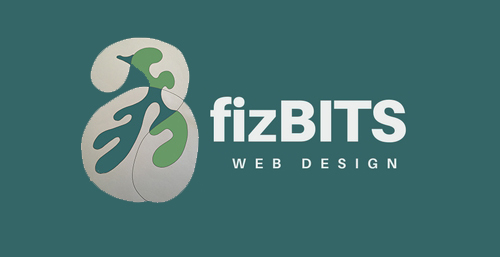
28 Mar Give them what they need or risk aggravation – information search
What is the worst thing that you can do to your potential customers when they are looking for your products or services? Annoy them? Aggravate them? Aggravation is probably not the best idea. The information search stage of the consumer journey is the stage where you have the most control over the messages your potential customer receives. Don’t waste this opportunity.
The MOST important thing that your website needs to do, is to give your potential customers the information that they are looking for, and quickly. If you don’t do this, then your customers will leave your website frustrated, or they will start their relationship with your business on entirely the wrong foot.
So, how do you know what information your customers are looking for? Well, take this scenario and adapt it to your needs. You will soon get a pretty good idea what information is important to your potential customers.
The scenario: information search
I am going away on holiday and I need a birthday cake. I have no idea where to buy a nice birthday cake, but I have been told by someone local that there is a nice patisserie on a particular street of this town.

After a Google search for cake shops on this street and find three listings. The first listing does not have a website. It has some listings on Yelp, TripAdvisor and Yellow Pages, but no actual website.
The next listing has a website, but it is not clear what kinds of cakes you can buy from this establishment. The menu navigation does not make any mention of cake styles to buy or pricing. After hazarding a guess with one of the menu items, a cake menu comes up. There is a list of generic cake types. I am not sure that this company actually makes birthday cakes or just wedding cakes.
After much digging, a starting price is found. It is expensive, but to be honest this is not the point. I am still not sure if they make birthday cakes. There is no phone number displayed on the site. And I am so aggravated by this stage that I am not going to navigate to the contact form. This is a last resort.
Provide quality during the information search stage of your customer’s journey
Don’t rely on your contact page for customers to get in touch with you. If your potential customer is already frustrated with a lack of information on your site, they are not likely to invest more time and energy to composing an email to you. Place your phone number in a prominent place on your website. So that your customers know they can get in touch easily.

Most likely, when someone visits your website, they are going through the second stage of the customer journey, known as information search. Please. . . give them what they need.
It is such a confusing website, that I don’t want to engage with it any further, and I do not think that this is a good starting point for any kind of relationship with this business. It is pretty clear. Aggravation. This is my first contact with this business. It is not a good one.
The third business is irrelevant. I am out of luck!
Due diligence – what is your potential customer looking for?
To understand what kind of specific information your customers are looking for is gold. It doesn’t have to be overly complex. Try the exercise with your business – your potential customer is visiting your town from our of town and they Google search your business. They find your website. What information are they looking for in the first thirty seconds of their visit?

Better yet. . . ask a few people who are typical of your ideal customers to create a list of questions that they have for a business in your category, when they visit your website. We can use this information to design the information model of your website.
These exercises will help to let you know the specifics of your customer information search. If your website does not provide this information in a way that is easy to find, your potential customers are going to become frustrated. In that case, aggravation is your first interaction with your potential customer. Is that the impression that you want to give?
If there is any kind of competition for your products and services, your potential customer will abandon your site and simply find someone else to provide their product or service.
Have you ever had the experience of going to a website, getting frustrated and leaving in a state of aggravation? What was the website? What were you looking for?
Image credit: “The search for the one.” by mithomas20 is licensed under CC BY 2.0


No Comments